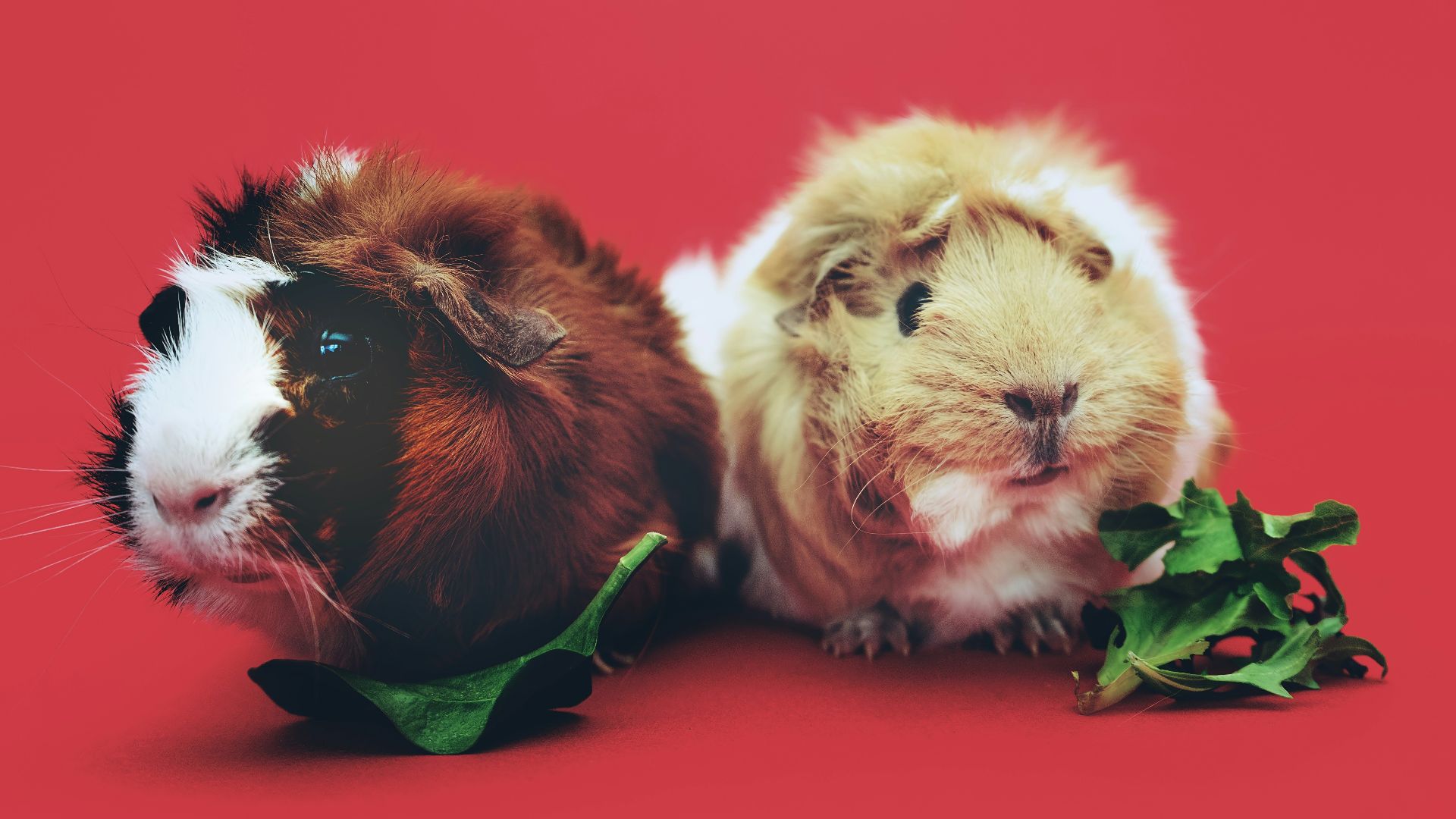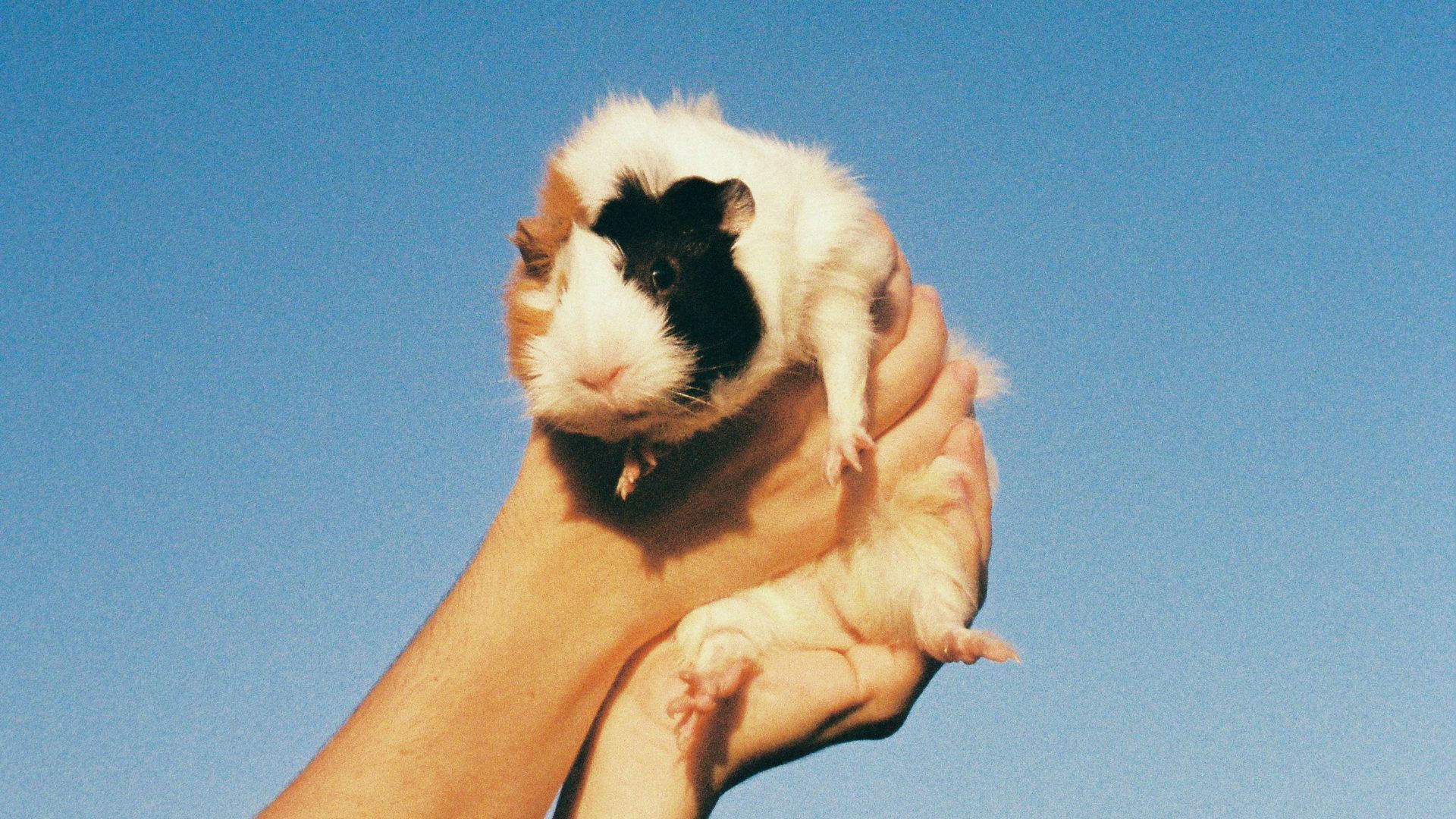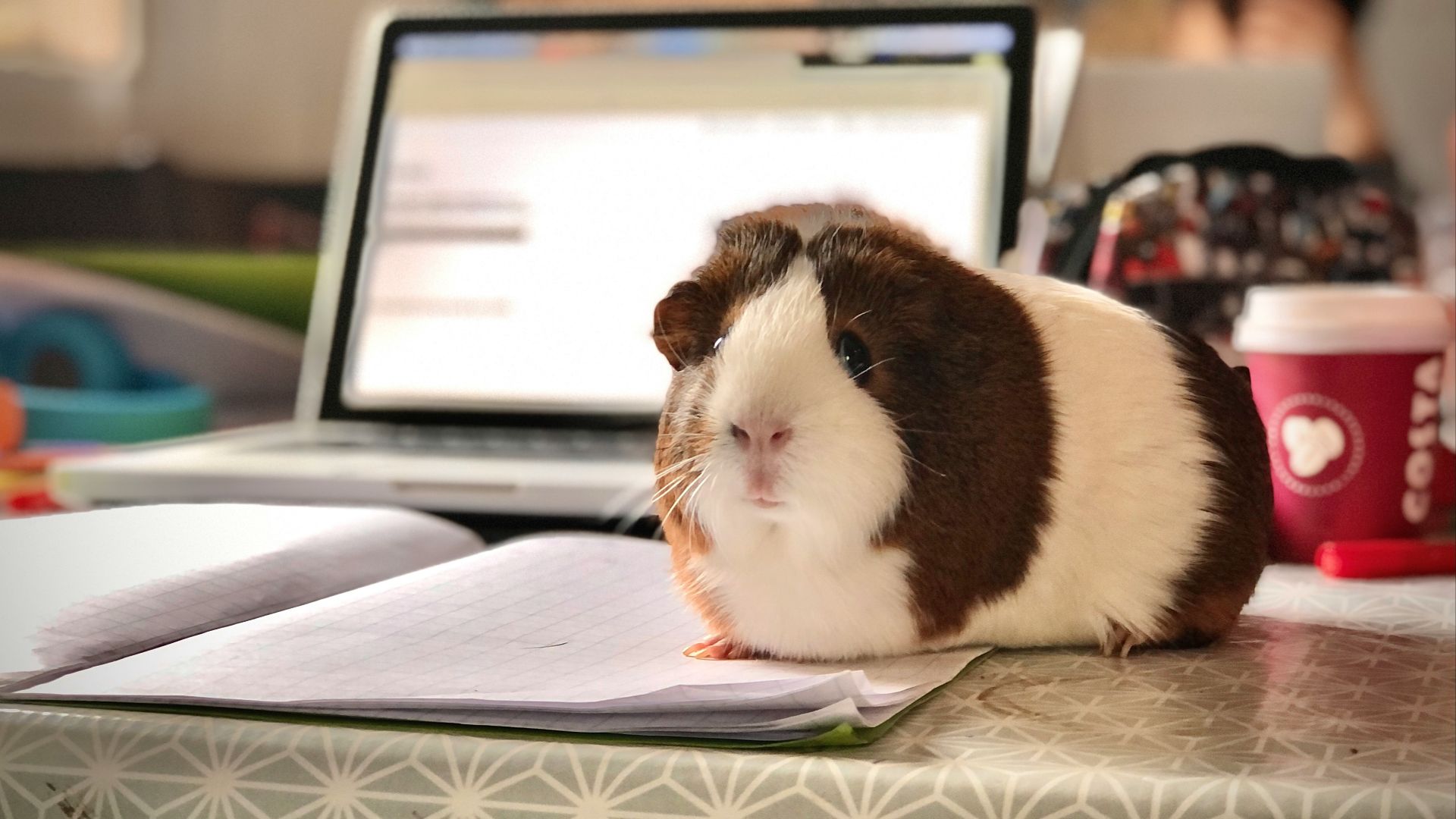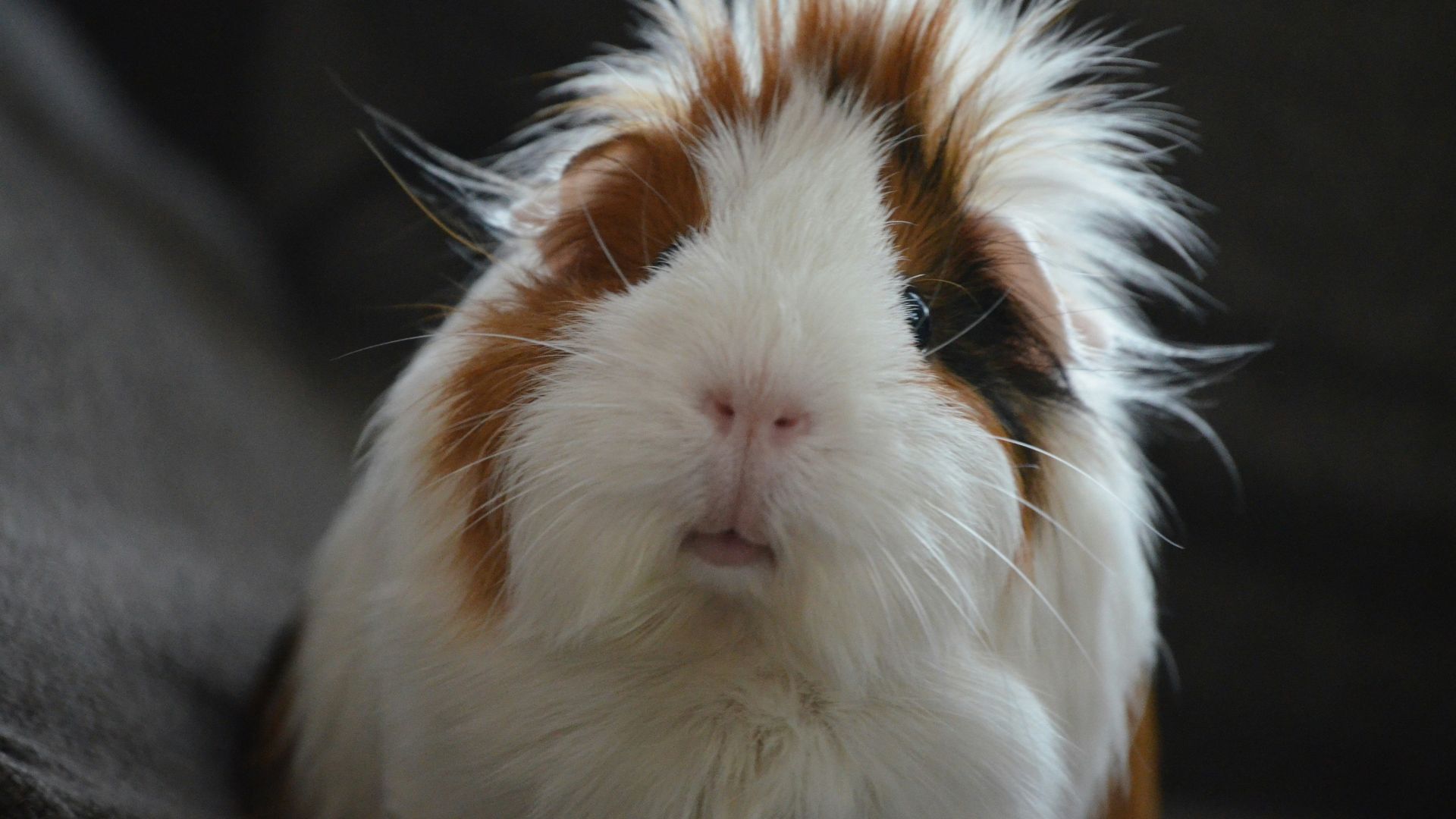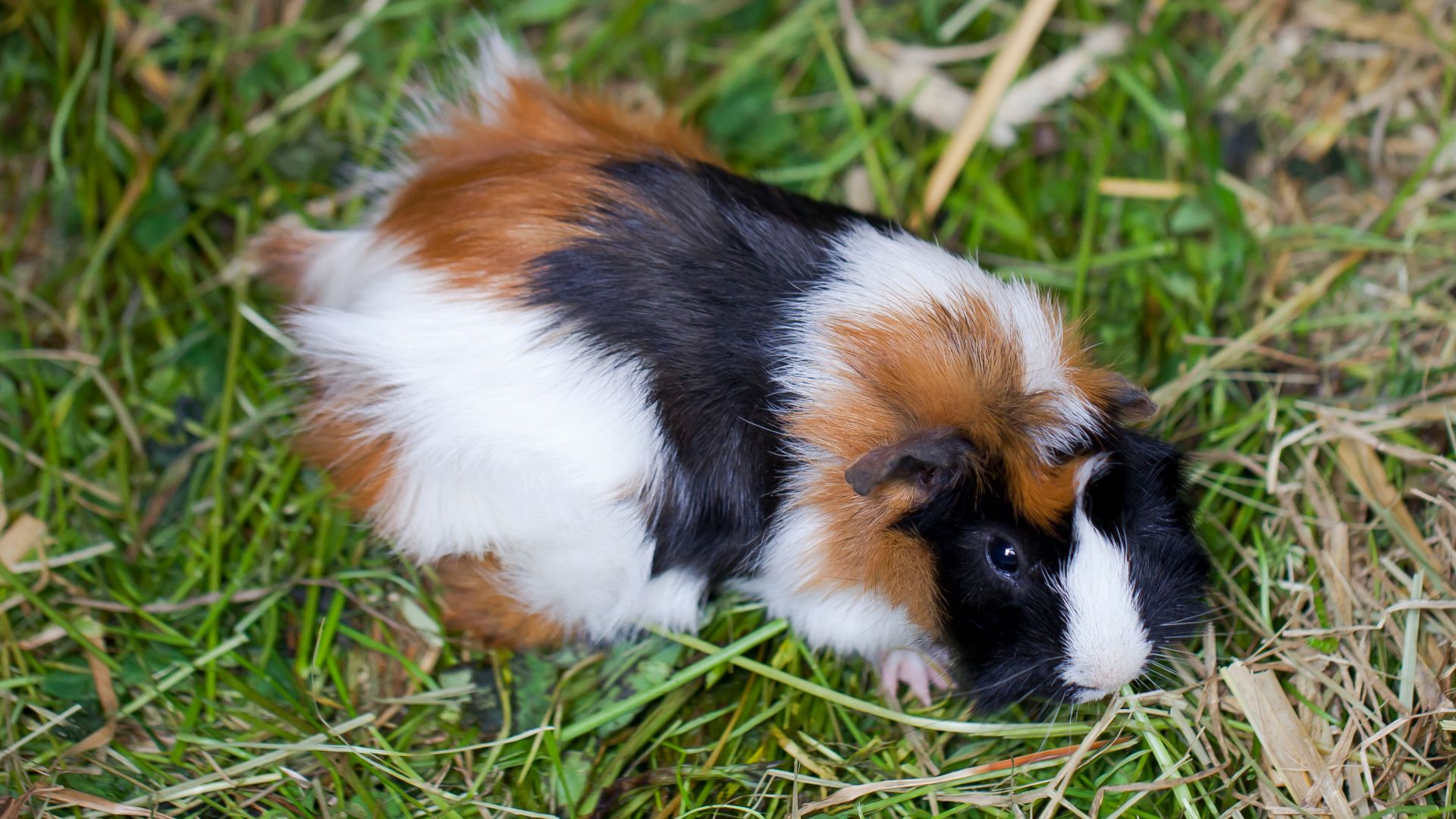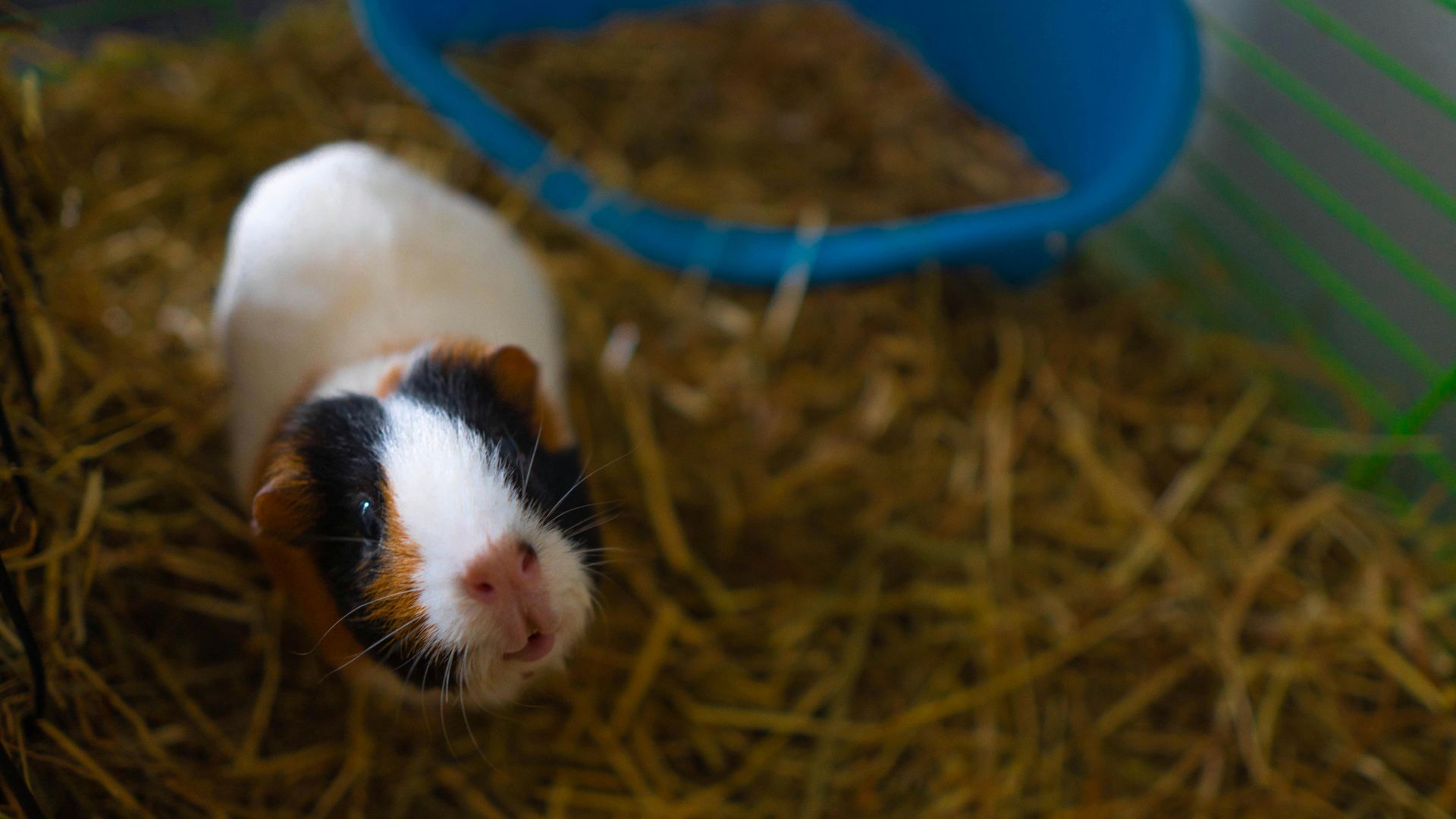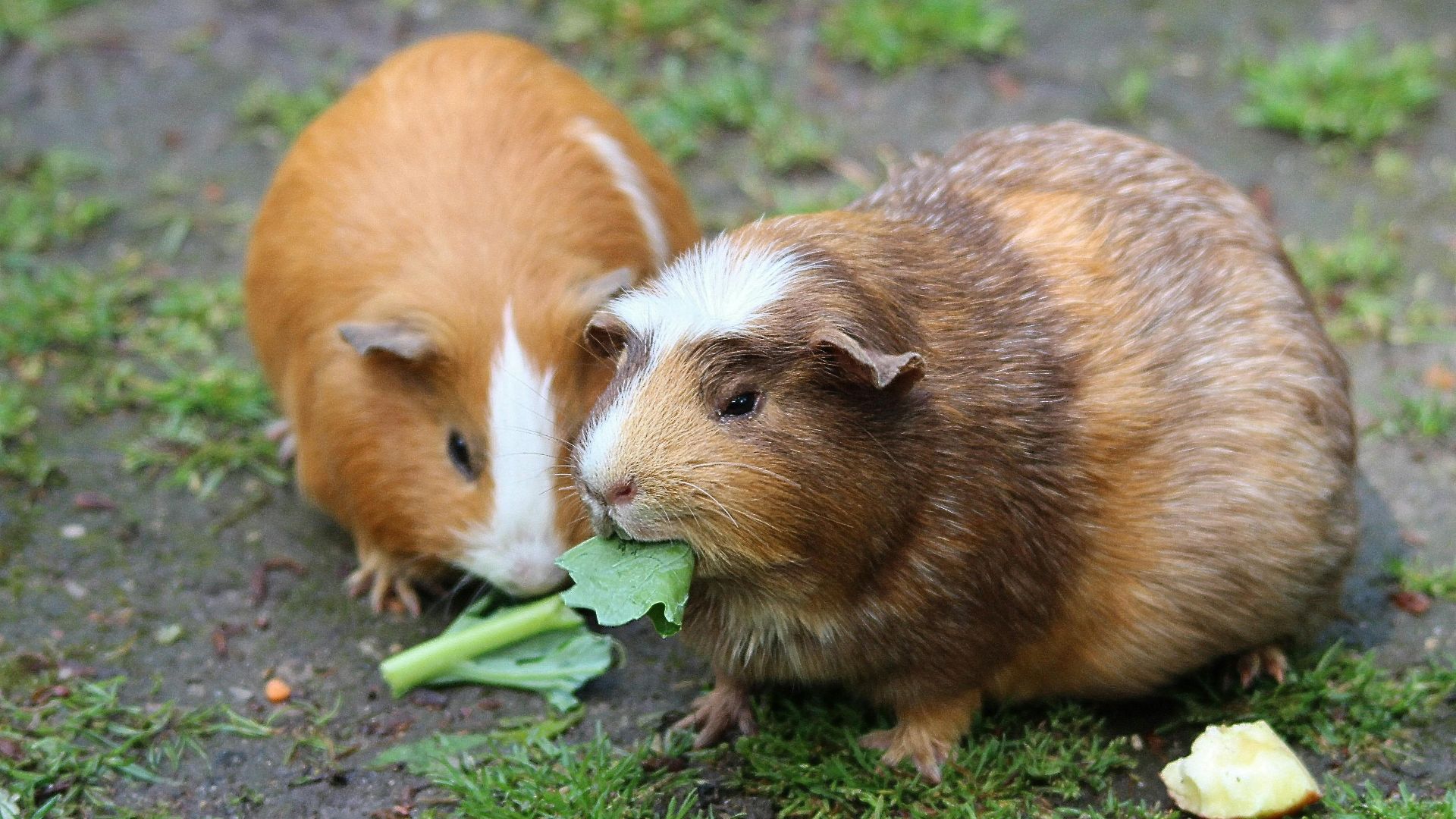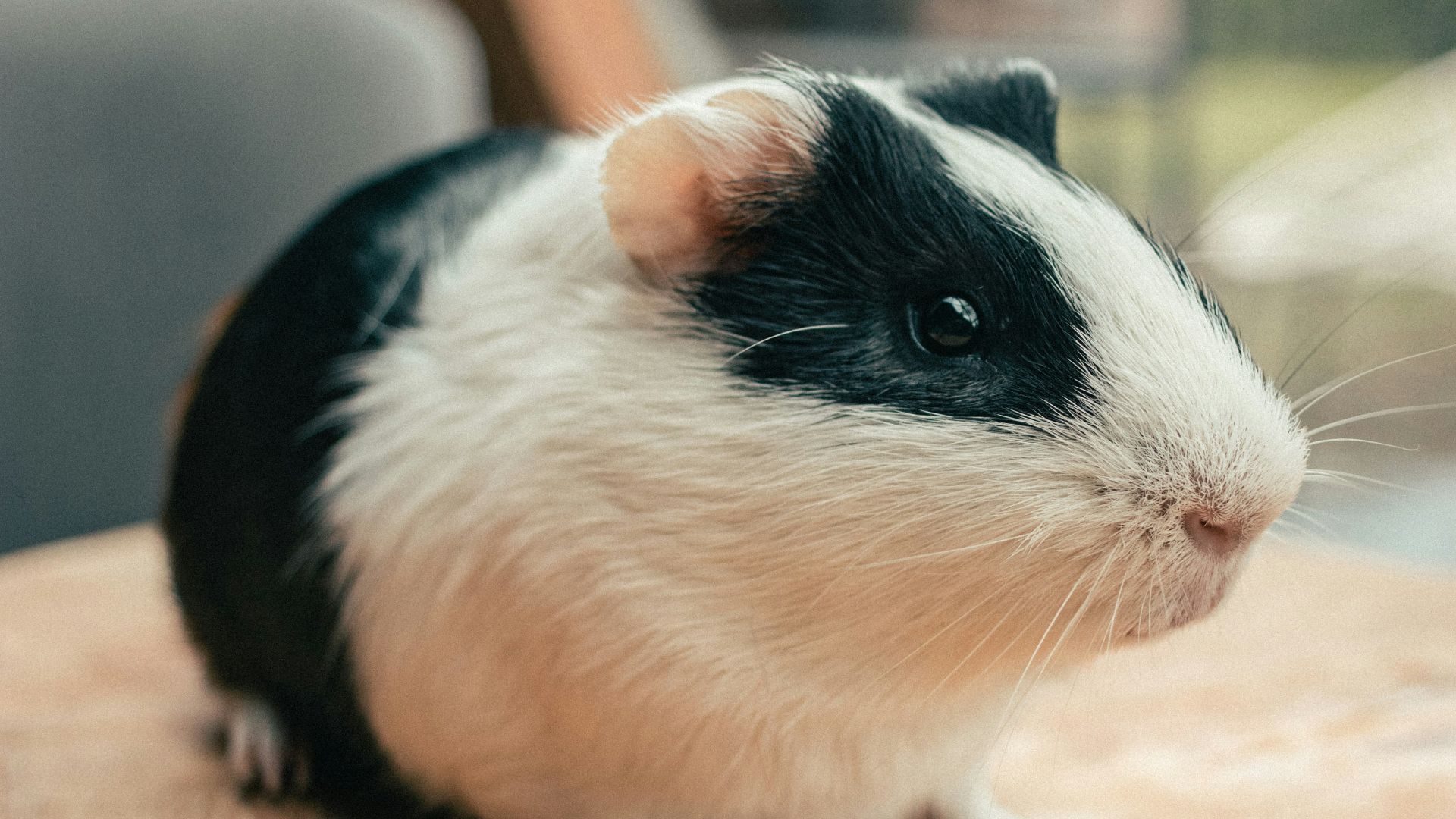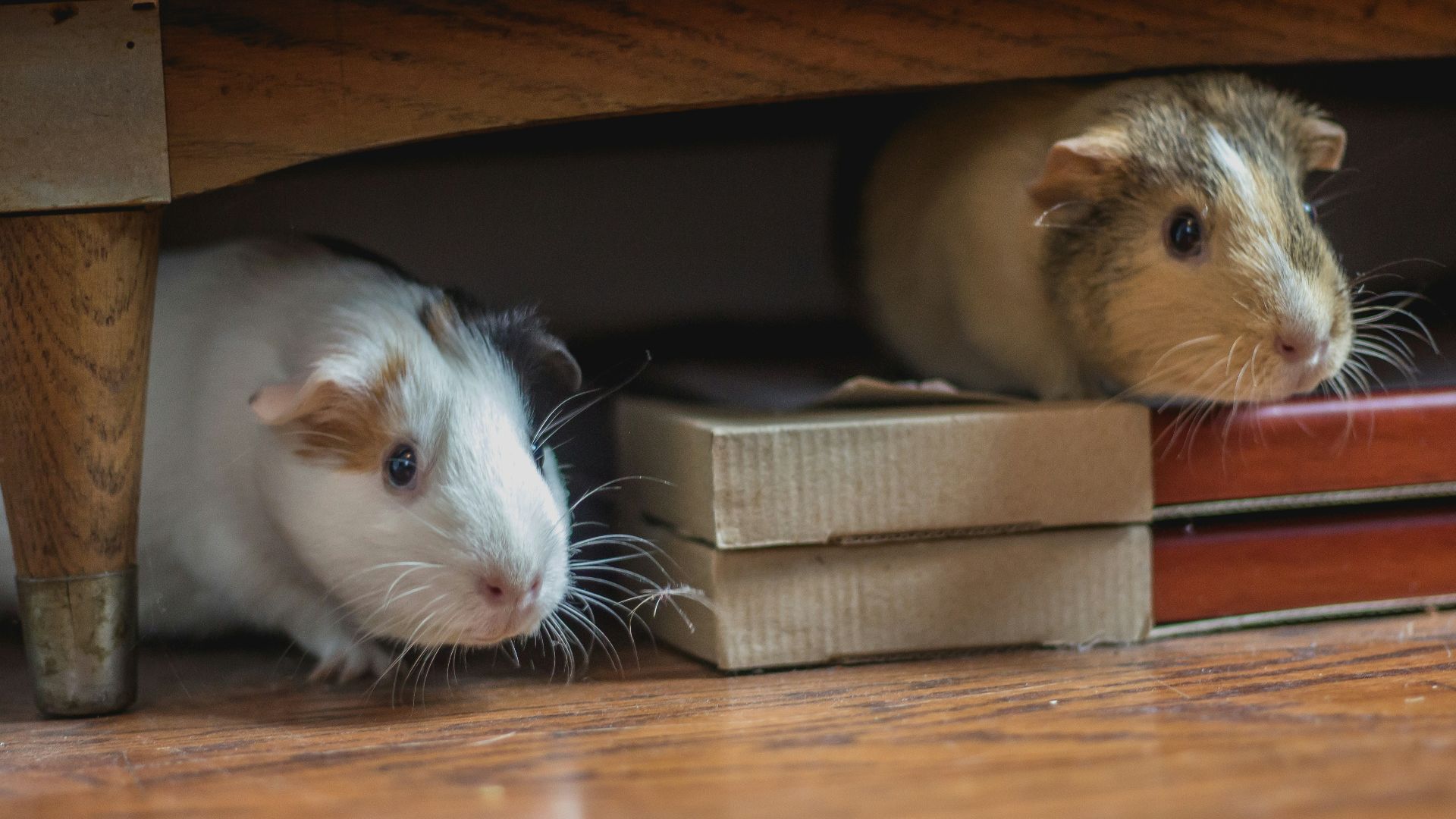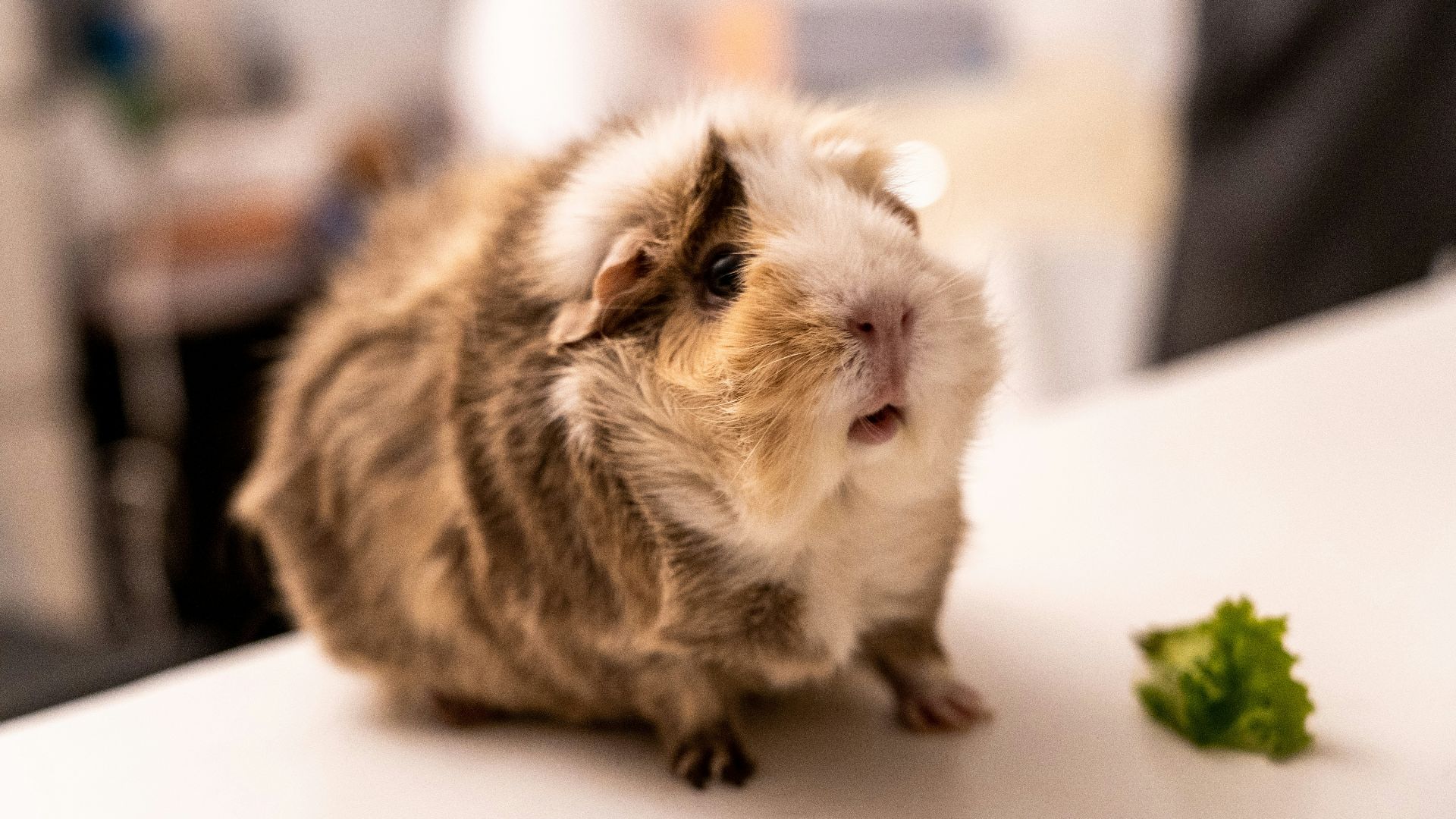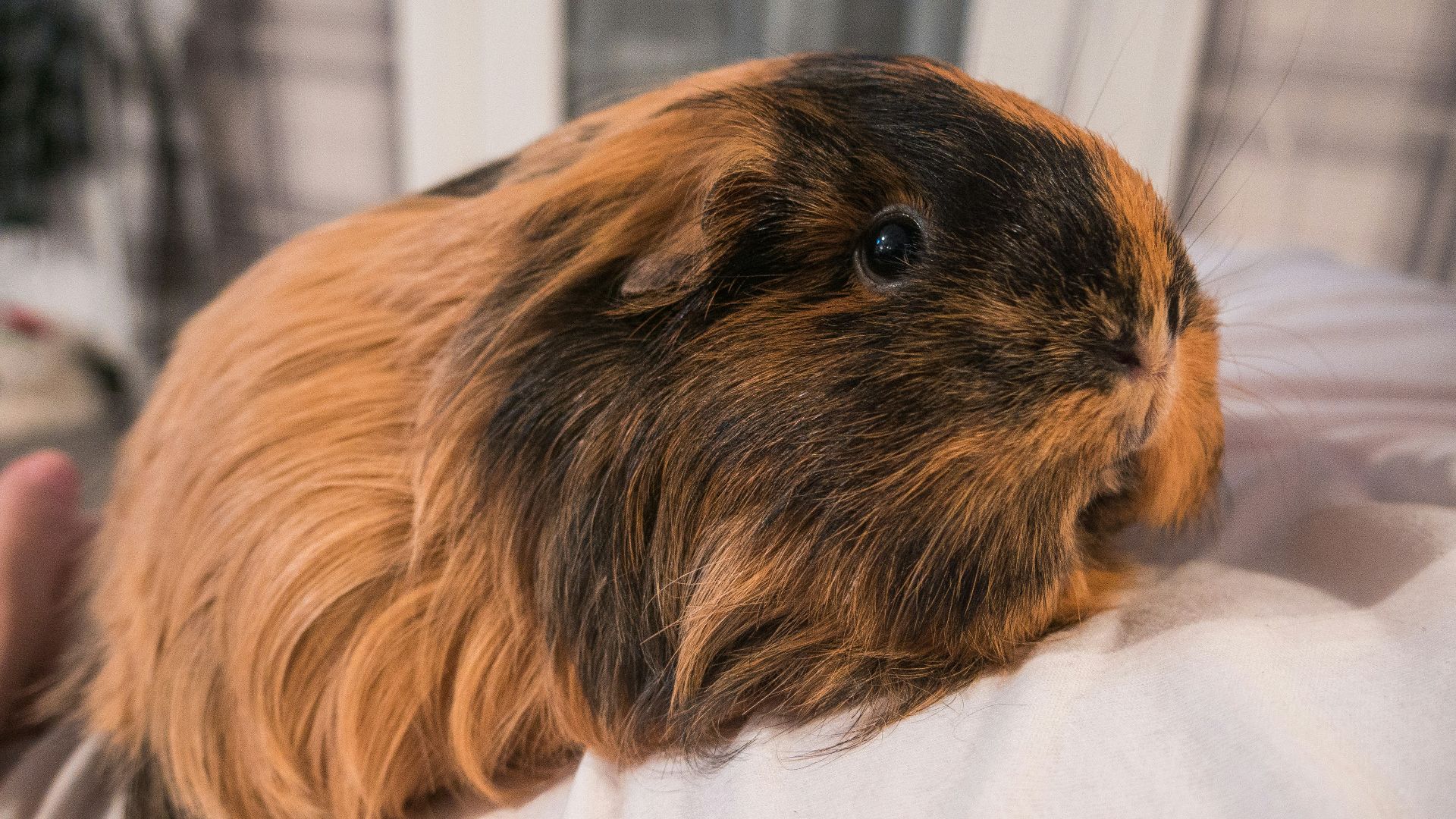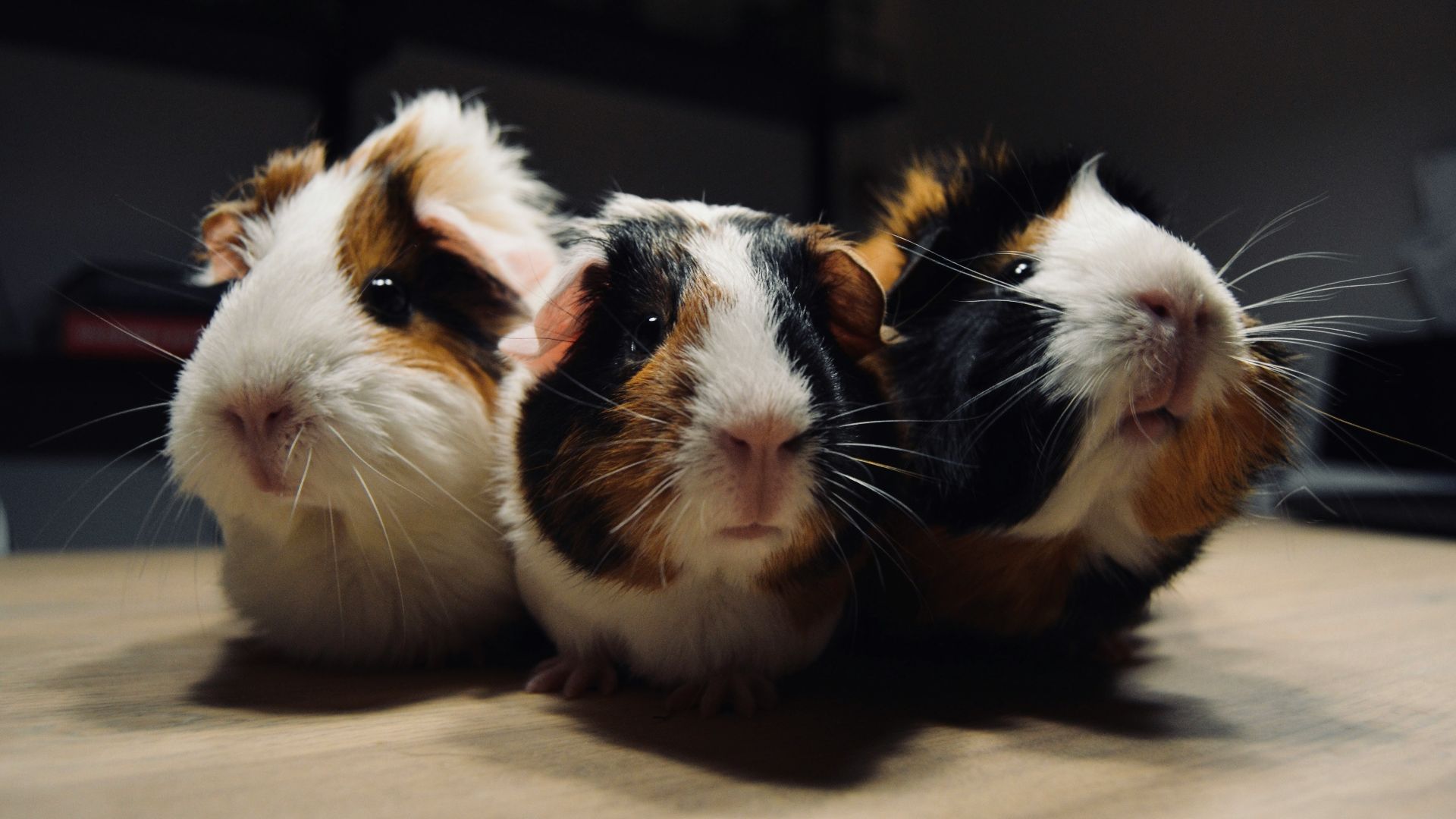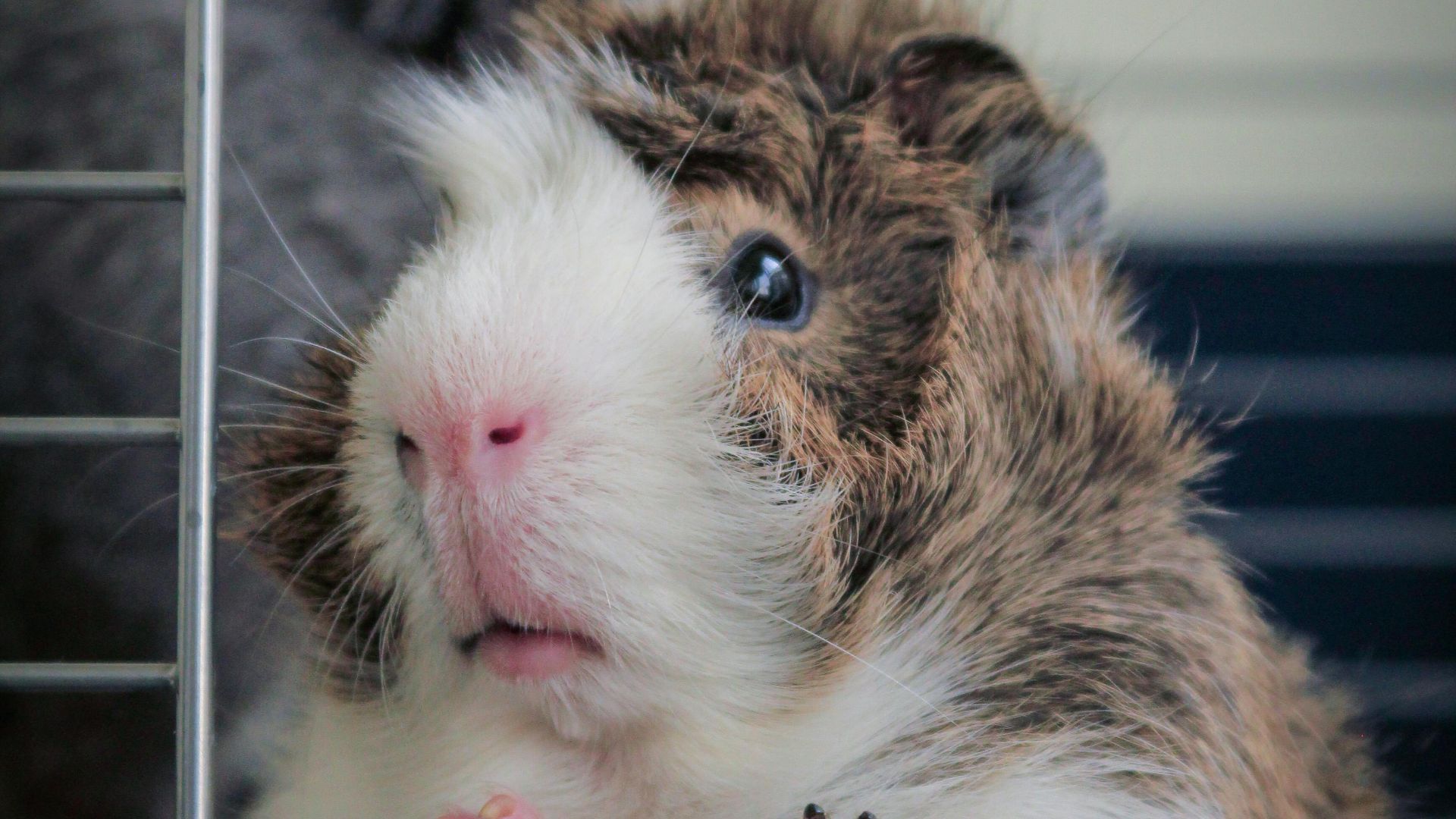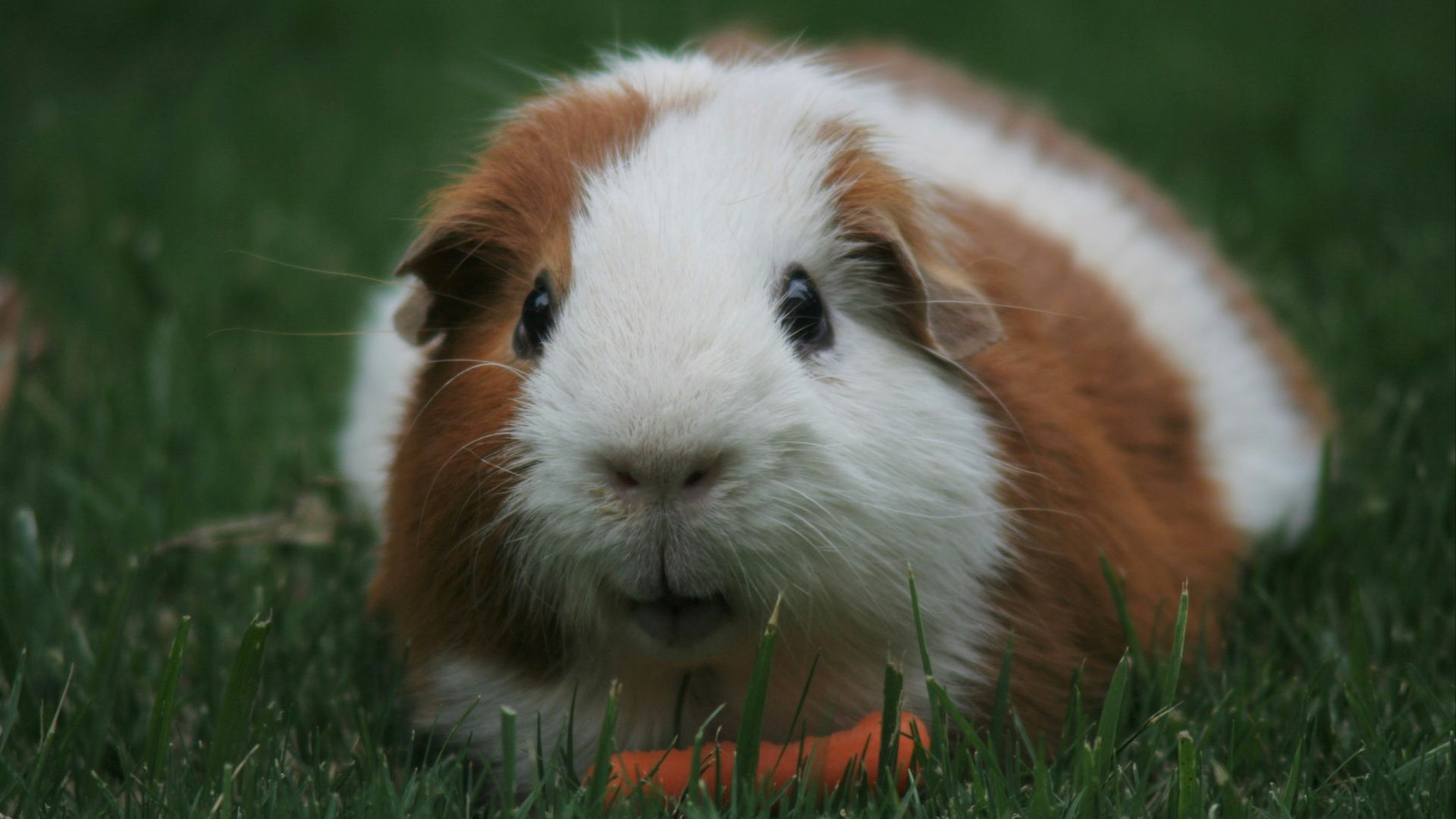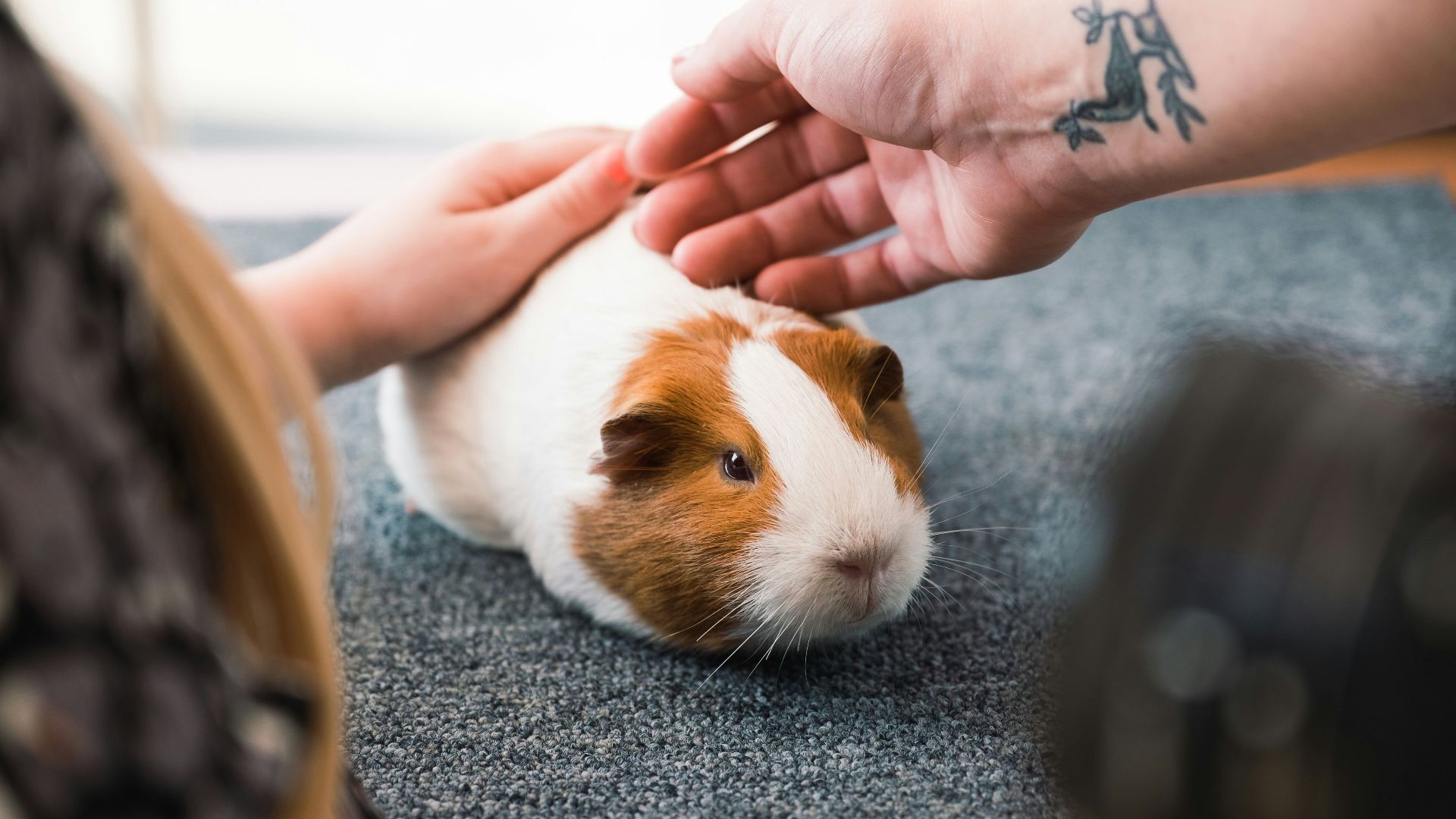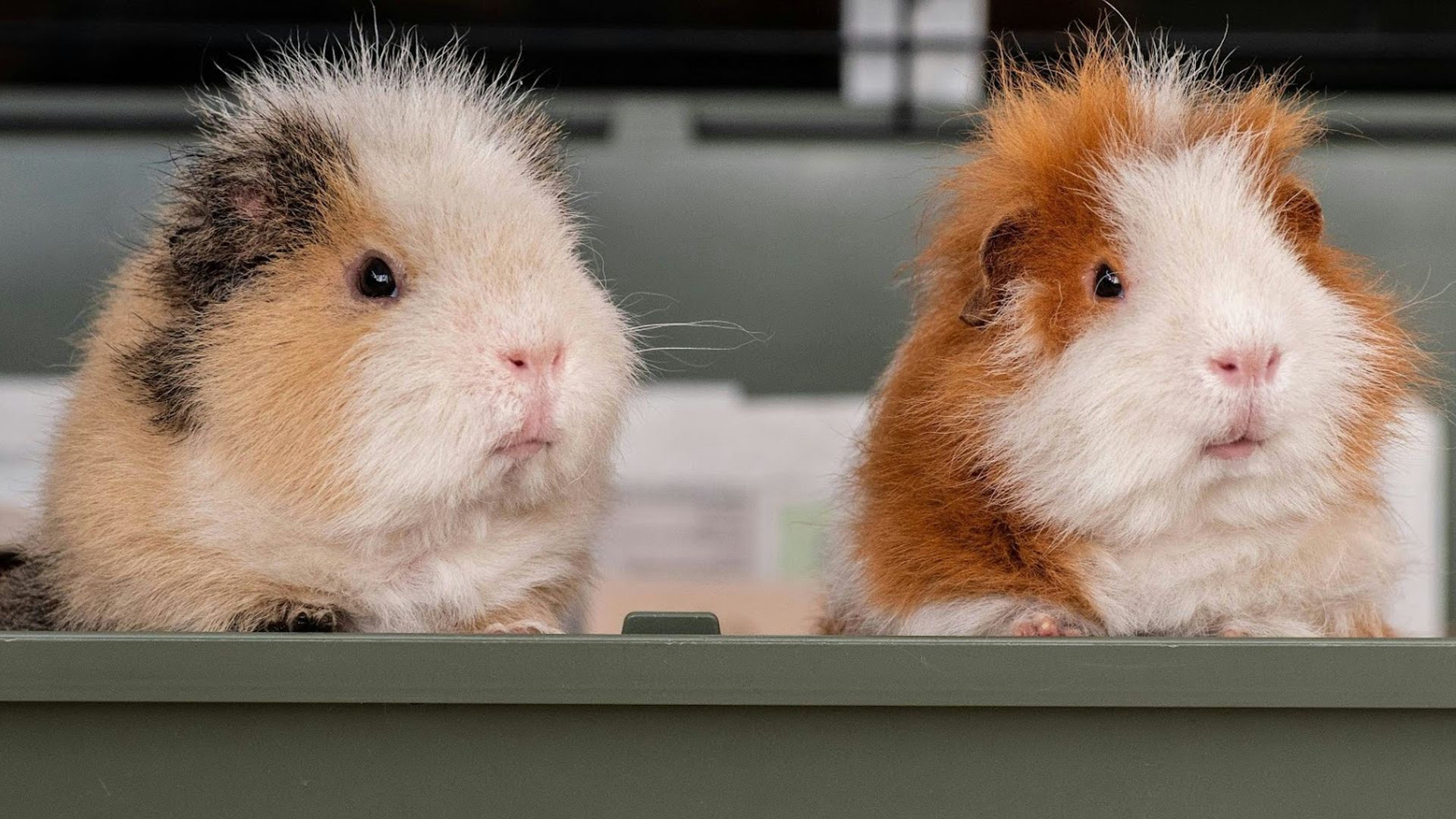Welcome Your New, Slightly Anxious Friend
Guinea pigs are adorable and often misunderstood creatures. Though they enjoy a quiet space with comfortable temperatures, they’re still adventurous and enjoy social interaction with their owners or even other guinea pigs! Let’s explore some of the ways to best care for your furball.
1. Getting Picked Up
It’s hard to believe these little critters don’t like getting picked up, especially since many owners grab them without thinking, but guinea pigs aren’t a huge fan of free rides. Now, that’s not to say you won’t get the chance—you just need to earn their trust first! Once you do, slide a hand under their chest and use the other to support their backside. Keep them close too!
2. Dirty Cages
Hey, you wouldn’t like living in a dirty home! Guinea pigs don’t enjoy filthy cages, so make sure you clean them at least once a week. Tackle daily chores too, like any places they may have soiled in the cage.
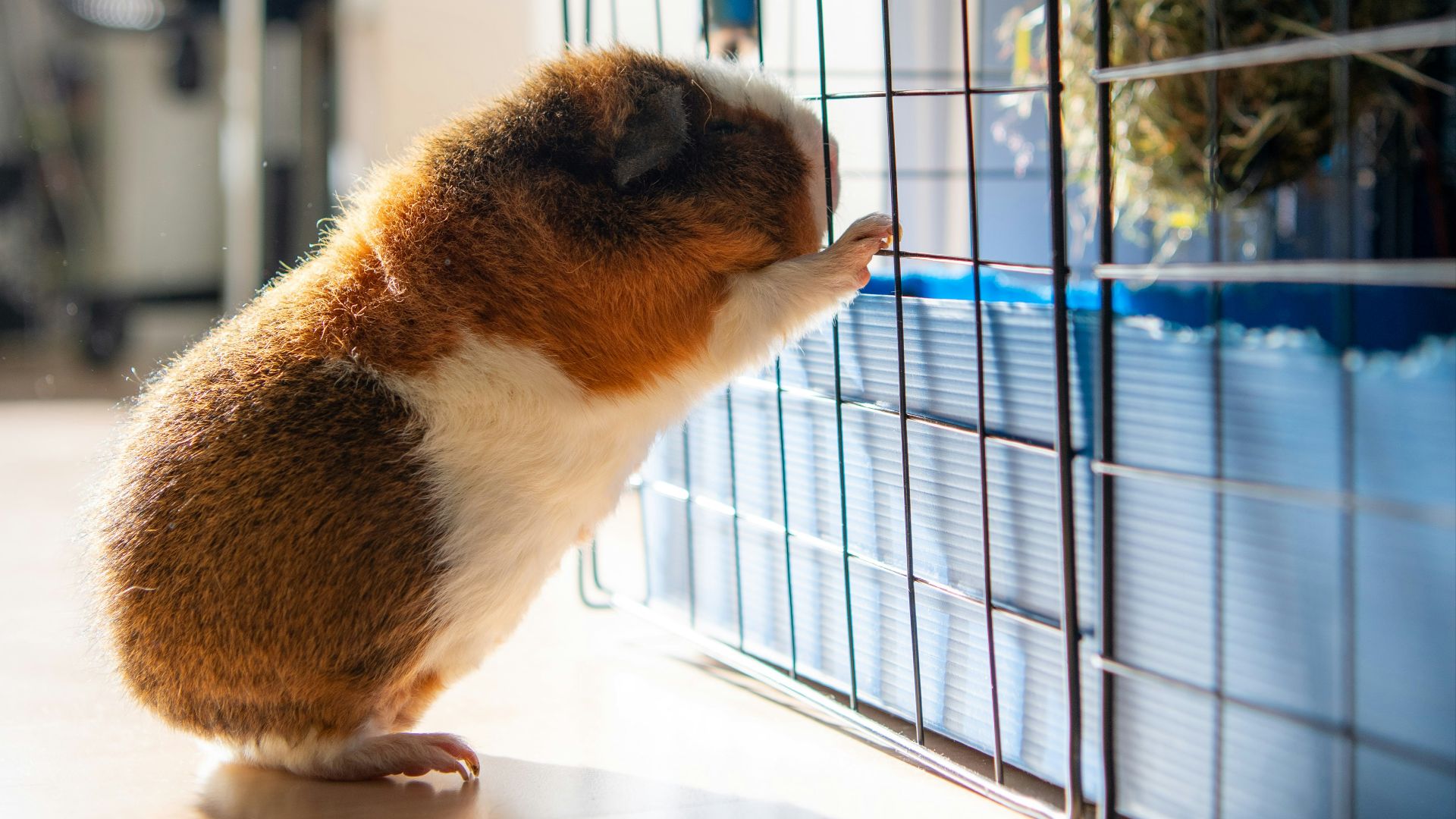 Jaroslaw Slodkiewicz on Unsplash
Jaroslaw Slodkiewicz on Unsplash
3. Loud Noises
As you can imagine, these little fur babies are easily startled by loud noises. Not only do they have sensitive ears, but they’re also a well-known anxious animal, so sudden noises freak them out—keep them in a quiet environment during the day, especially for newly welcomed friends.
4. Being Pet in Certain Spots
It’s important to focus on your guinea pig’s body language. Though it seems cute to pet them on the tummy or even the back, many pigs aren’t a big fan of such popular spots. The feet are also off limits. Start by petting their chins or heads, and go from there!
5. Going for Baths
We adults love a good bath, but guinea pigs are a whole other story. They combine several things pigs hate (like new environments and being touched), so prepare for an unpleasant experience. The good news is that pigs take care of themselves for the most part, and some breeds don’t need more than one or two baths a year.
6. Strong Scents
Just like their hearing, guinea pigs’ sense of smell is pretty sensitive. Popular scents like pine are especially dangerous for them and can even hurt their respiratory systems, so keep any perfumes or strong odors away!
7. Being Kept Alone
Your guinea pig may be skittish, but that doesn’t mean they prefer solitude. In fact, many thrive under their owner’s companionship or with a guinea pig friend! Don’t leave them to their own devices; lonely pigs experience a slew of health problems like decreased appetite and heightened nervousness.
8. Having Their Nails Clipped
Any pet owner knows the horrors of nail clipping! It’s hardly a favorite pastime for pets, but guinea pigs are particularly picky. It’s usually a two-man job and requires a few extra treats to get things done, but the silver lining is you’ll only need to do it once a month or so to prevent painful overgrowth.
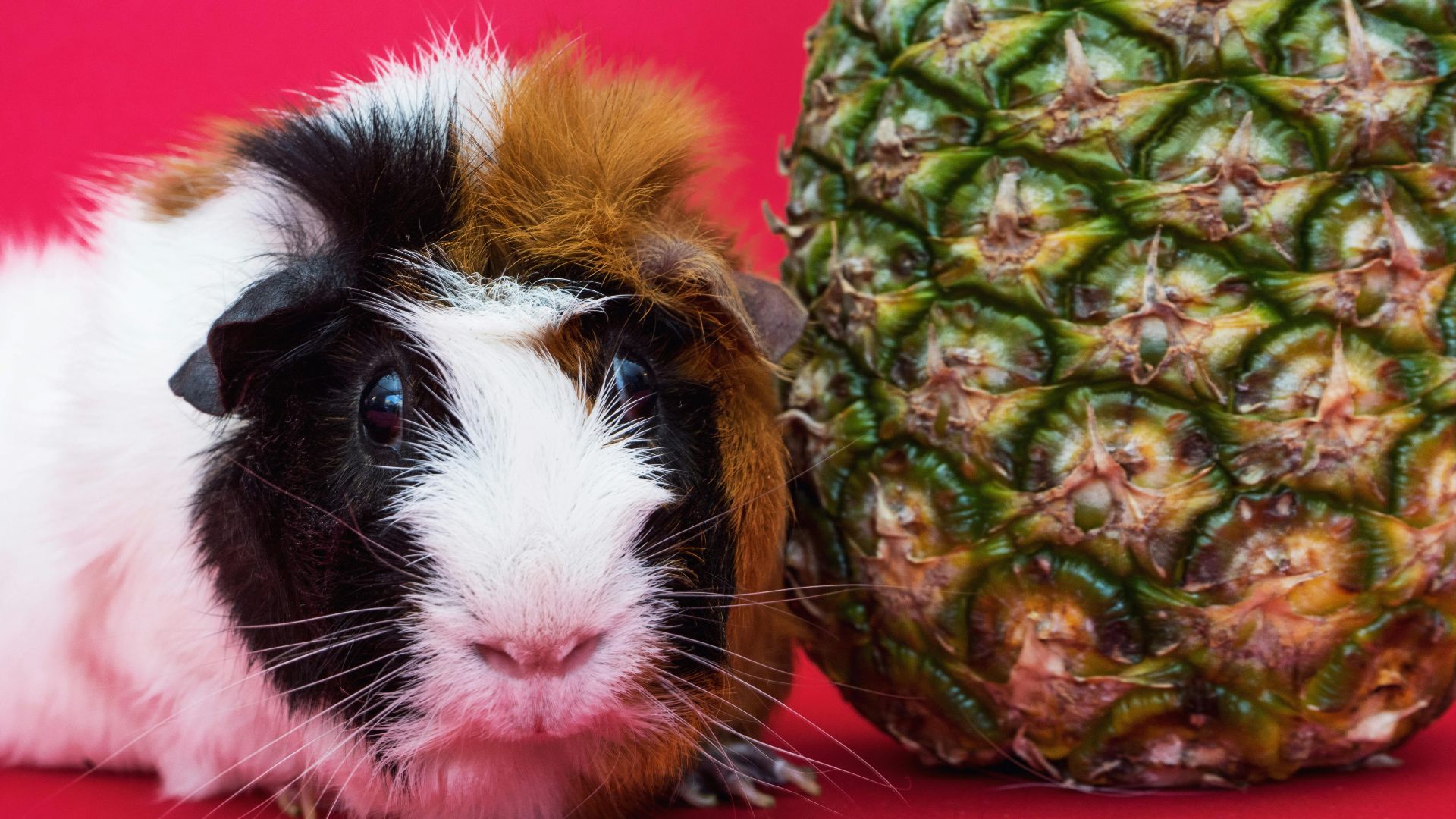 Pineapple Supply Co. on Pexels
Pineapple Supply Co. on Pexels
9. Traveling
Now that we know how anxious these little guys are, it’s easy to see why they hate traveling. Of course, you can’t always help it, but take precautions to keep sudden movements and stress levels down. Secure their carrier with a seatbelt and place it on the actual car seat. Try and stick with short trips as well.
10. Unexpected Changes
Guinea pigs are creatures of habit, so sudden changes tend to stress them out. If you have to shake up their routine, gradually introduce them to the changes instead of springing them on your friend. Even something like new food can rattle the cage, so be mindful of their familiarities.
With some stressors out of the way, let’s dive into a few easy ways you can keep your guinea pig happy and healthy!
1. Plenty of Space
Guinea pigs may be small, but that doesn’t mean they enjoy enclosed spaces. Give them lots of breathing room with large cages and safe areas to explore. Don’t keep them in other species’ enclosures either—remember that they’re prey animals, so sharing pens with rabbits or small dogs will scare them!
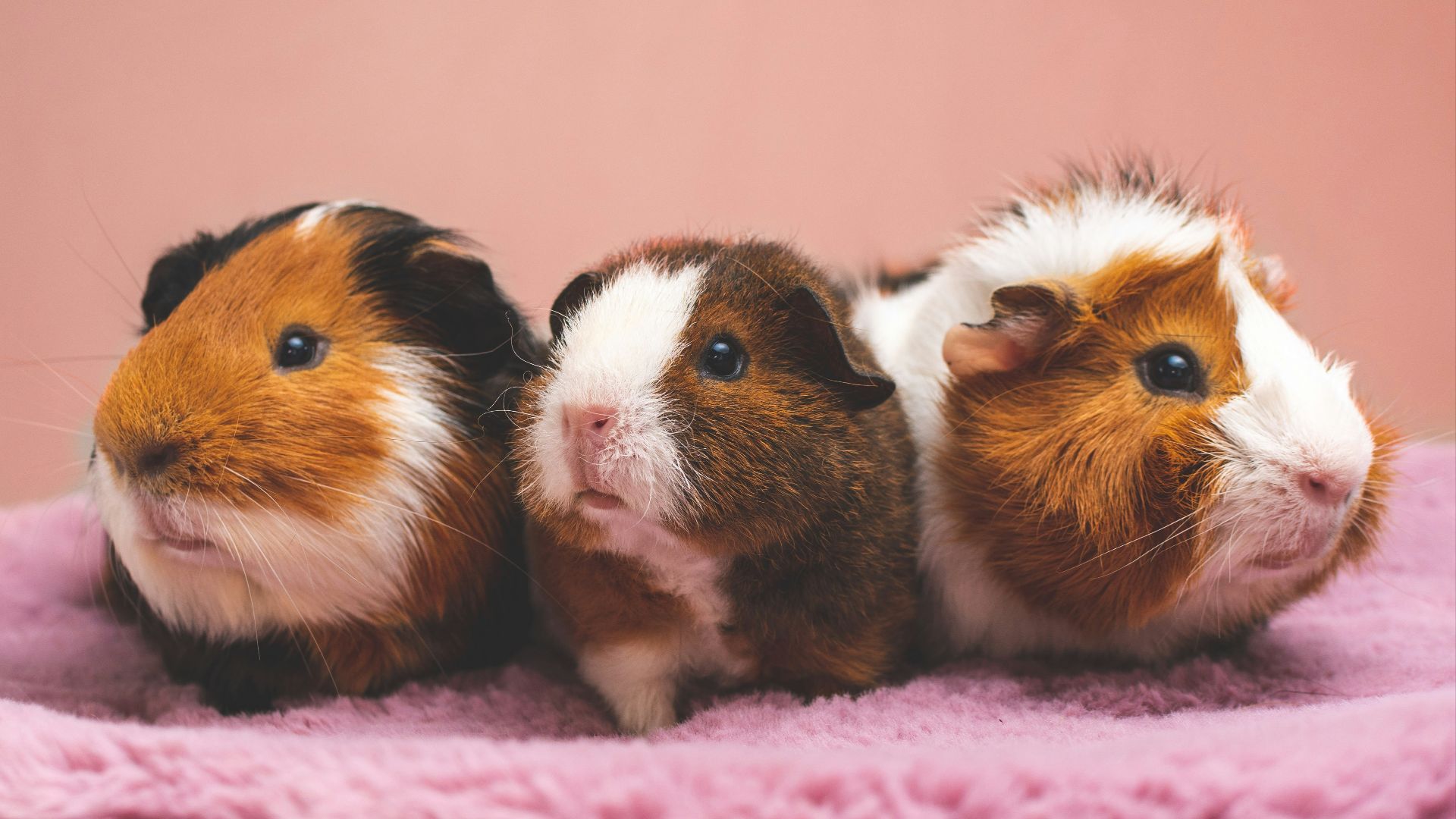 Jaroslaw Slodkiewicz on Unsplash
Jaroslaw Slodkiewicz on Unsplash
2. Somewhere to Hide
Speaking of prey animals, guinea pigs love a good hiding spot. After all, the world’s a pretty scary place when you’re just a little guy! Giving them the chance to hide in their cage actually alleviates some stress. Without them, pigs tend to freeze from fear.
3. Lots of Vitamin C
Pigs love a good diet, and that includes plenty of vitamin C. While the majority of their diet is hay, some pellets come loaded with vitamin C to help them ward off any health problems. Fresh fruits and vegetables also get the job done.
4. A Healthy Variety in Their Diet
Guinea pigs are habitual pets—except for their diets! Feeding the same fruits and veggies every day becomes pretty lackluster after a while, so make sure to switch it up. You may also need to speak with your veterinarian about the best diet as some breeds are prone to health problems.
5. Cool Temperatures
Your furry friend appreciates steady temperatures, so maintain a comfortable one indoors. Hot and humid conditions can cause heat stroke, whereas cold temperatures lead to hypothermia, so ideal temps range from 65°F to 75°F. You can always provide more bedding and fresh water to keep them happy too.
6. Lots of Hay and Fresh Water
Guinea pigs will always love hay—the majority of their diet is made of the stuff! But that also means a steady supply of it to keep our pets healthy and happy. You can even hide berries in hay piles for enrichment activities and a good pop of vitamin C.
7. Enrichment Toys
Guinea pigs need mental stimulation just like any other pet, which means enrichment toys are in order. Puzzle mats and play posts let them explore their surroundings and forage for food, allowing them to work their minds.
8. Adventure Time
Let your pigs out to play—so long as you do it safely! The jury’s still out on exercise balls, but many believe they lead to injury over stimulation. This means proper enclosures are your best bet; they let your pig explore in a controlled environment and steer them away from any wires or small spaces.
9. Time Together
Guinea pigs are social creatures, so make plenty of time for cuddles. Introduce them to your home, encourage them to explore with treats, and speak softly as they roam. Just remember to stick to a designated playtime so you establish a routine.
10. Obstacle Courses
Obstacle courses are not only adorable, but they’re also a great way to provide mental stimulation! Cardboard boxes and tubes exercise their limbs while also giving them a chance to sniff around.


